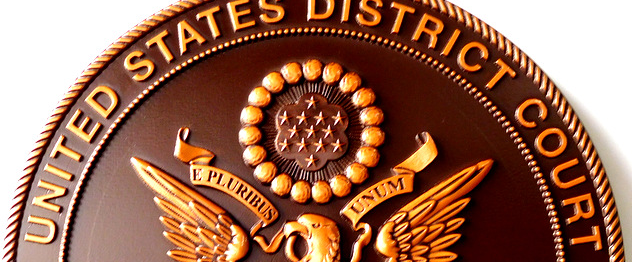This morning, a unanimous federal appeals court overturned a lower court’s invalidation of an FEC regulation dealing with donor privacy. The lower court had ruled that organizations making electioneering communications – broadcast communications mentioning a candidate’s name within 60 days before a general election – must disclose all of their donors, even those unconnected to the ads in question. The FEC’s regulation had previously required public disclosure only of donors who had paid for particular communications.
The case now returns to the FEC.
The lower court had ruled that the regulation was contrary the “clear” meaning of BCRA (the McCain-Feingold law that created and regulated electioneering communications). The FEC must now decide whether it will change the challenged regulation. If not, the district court will again evaluate its legality – but under a more-permissive analysis. In a second round of litigation, the court will determine whether the regulation is “arbitrary and capricious,” a generally deferential test.
The Court of Appeals specifically noted that Congress was “anything but clear” when it drafted BCRA. This is especially true since the decisions in Citizens United and Wisc. Right to Life have changed the legal landscape since BCRA’s enactment. In fact, the FEC issued its regulation, in part, to comply with the Wisc. Right to Life decision.
As a result of today’s ruling, it appears that organizations can mention candidates in the weeks to come without disclosing their entire donor lists. This is an improvement: until today, many groups were forced into the absurd position of merely mentioning a candidate, and disclosing their donors, or explicitly saying to vote for or against a candidate, and keeping those donors’ privacy intact.
The ruling thus helps preserve longstanding rights to donor privacy, rights vindicated in a hard won series of court battles in the 1950s and 1960s by civil rights organizations.
But the ruling is also a victory for more accurate and effective disclosure. Under the current regulation, the public knows the organization or entity paying for an electioneering communication. But the lower court’s ruling actually required non-profits making electioneering communications to disclose, as “paying” for the ad, members who had nothing to do with the ad and may even have disagreed with the decision to run it.
Today’s decision is a victory for free speech and for reasonable, accurate disclosure rules.













